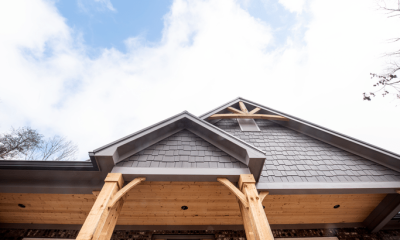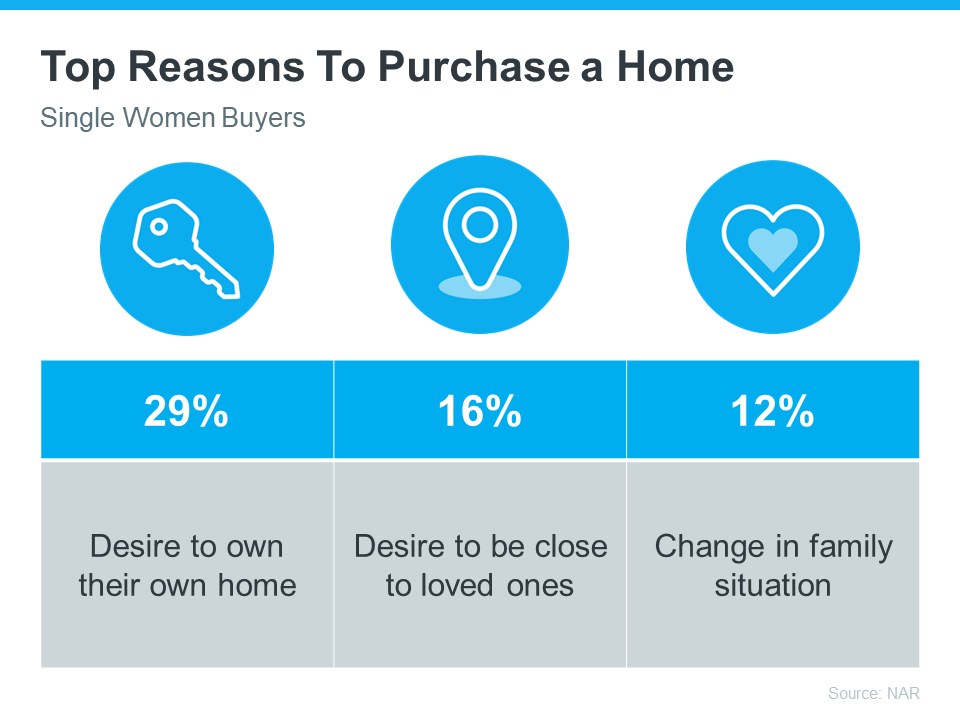

First Time Home Buyers
Is the Number of Homes for Sale Finally Growing?
First Time Home Buyers
Don’t Let Your Student Loans Delay Your Homeownership Plans
Buying Myths
Single Women Are Embracing Homeownership
First Time Home Buyers
3 Helpful Tips for First-Time Homebuyers [INFOGRAPHIC]
-

 Affordability3 weeks ago
Affordability3 weeks agoHow To Stretch Your Options, Not Your Budget
-

 Affordability3 weeks ago
Affordability3 weeks agoIs January the Best Time To Buy a Home?
-

 Equity4 weeks ago
Equity4 weeks agoYour Equity Could Change Everything About Your Next Move
-

 Equity2 weeks ago
Equity2 weeks agoHeadlines Have You Worried about Your Home’s Value? Read This.
-

 For Sellers3 weeks ago
For Sellers3 weeks agoIs Buyer Demand Picking Back Up? What Sellers Should Know.
-

 For Sellers4 weeks ago
For Sellers4 weeks agoWhy Selling Your House This Winter Gives You an Edge
-

 For Buyers1 week ago
For Buyers1 week agoReasons To Be Optimistic About the 2026 Housing Market
-

 Expired/Withdrawn/Canceled2 weeks ago
Expired/Withdrawn/Canceled2 weeks agoYour House Didn’t Sell. What Now?

















You must be logged in to post a comment Login